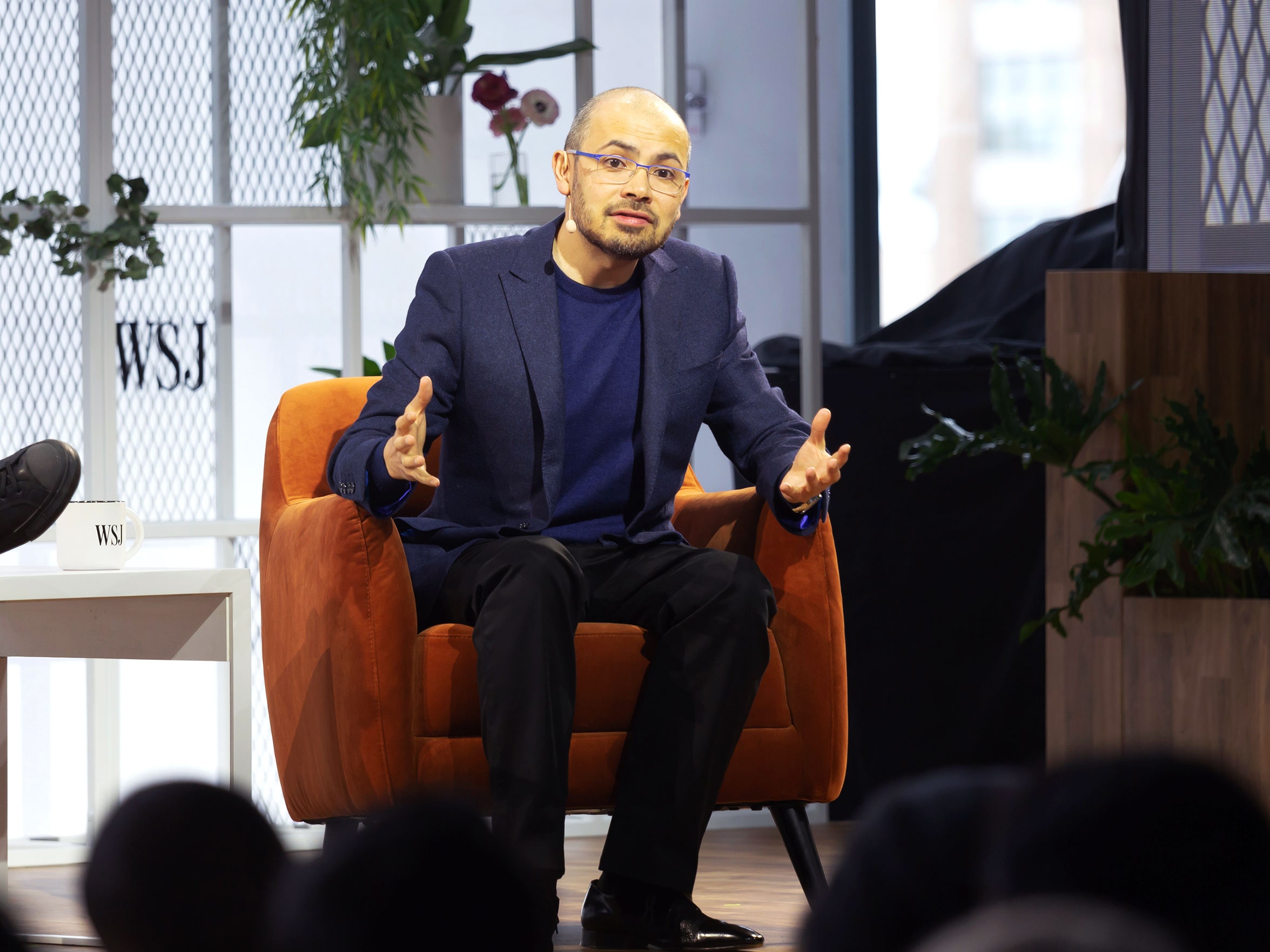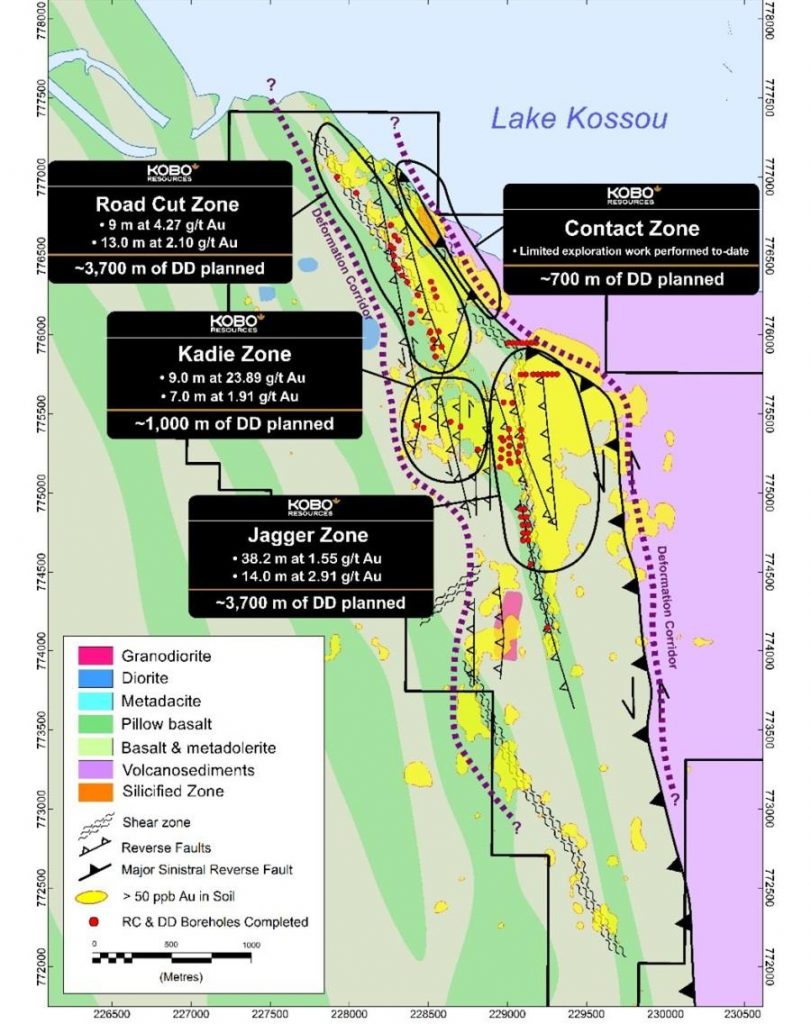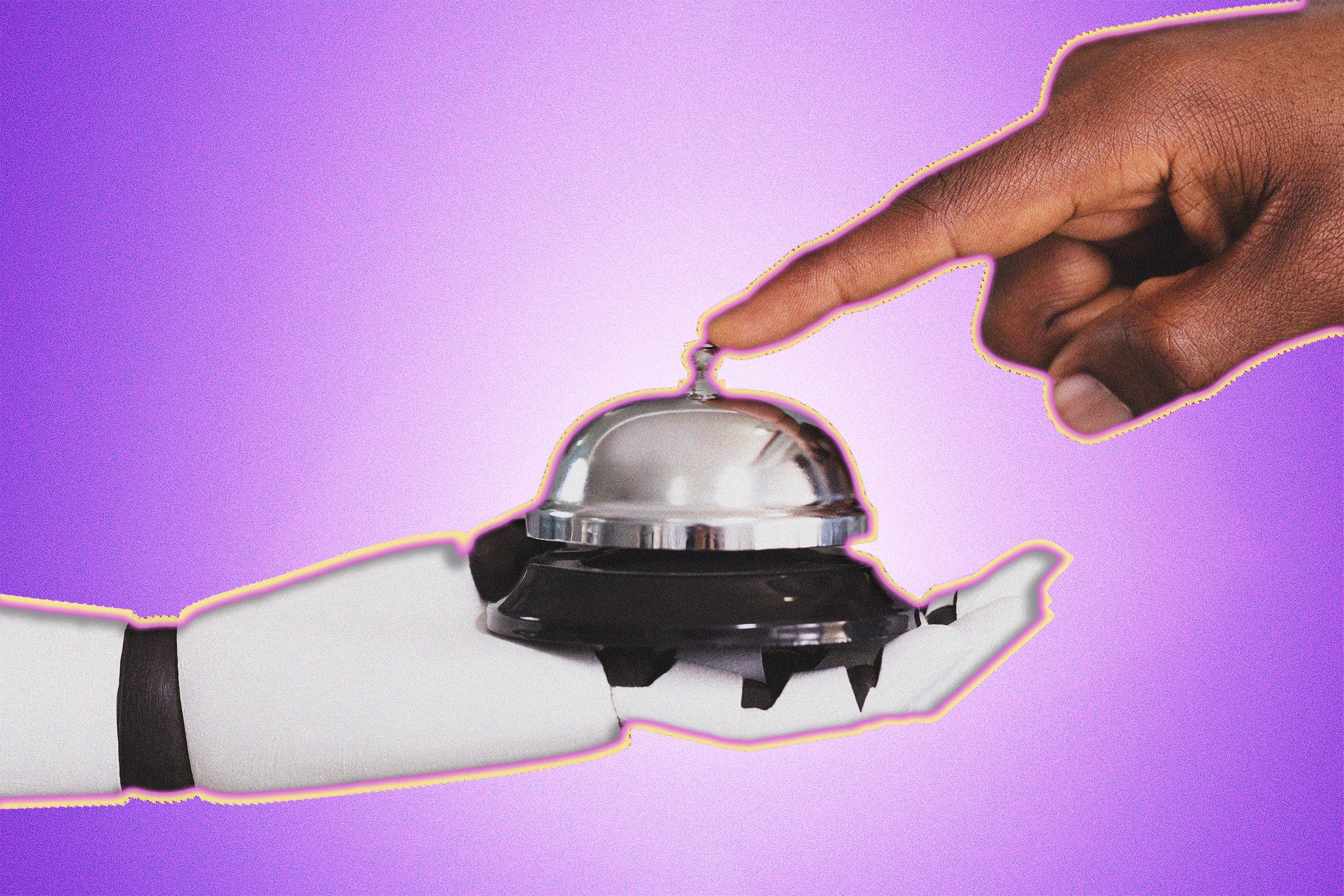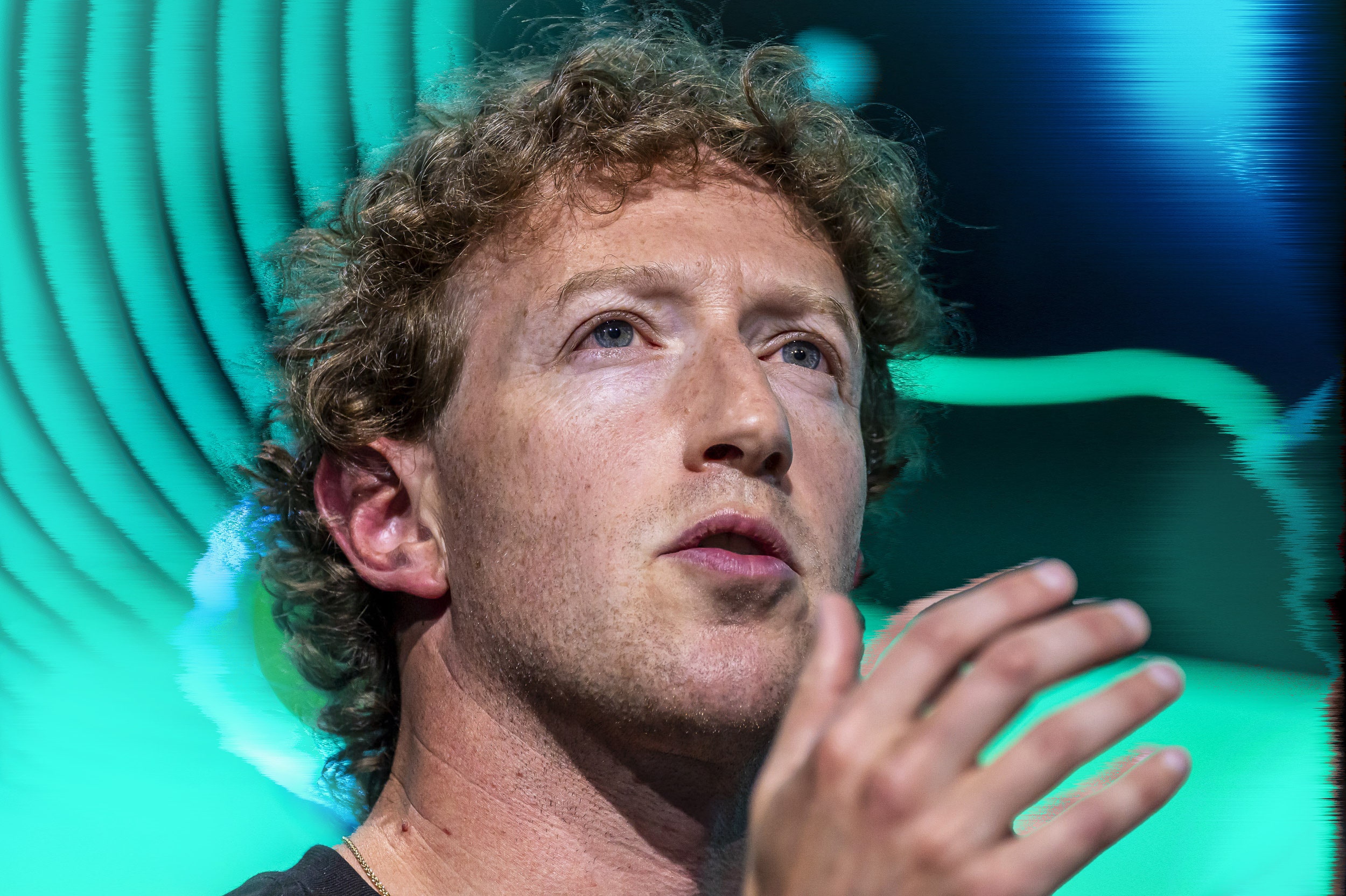For much of last year, knocking OpenAI off its perch atop the tech industry looked all but impossible, as the company rode a riot of excitement and hype generated by a remarkable, garrulous, and occasionally unhinged program called ChatGPT.
Google DeepMind CEO Demis Hassabis has recently at least given Sam Altman some healthy competition, leading the development and deployment of an AI model that appears both as capable and as innovative as the one that powers OpenAI’s barnstorming bot.
Ever since Alphabet forged DeepMind by merging two of its AI-focused divisions last April, Hassabis has been responsible for corralling its scientists and engineers in order to counter both OpenAI’s remarkable rise and its collaboration with Microsoft, seen as a potential threat to Alphabet’s cash-cow search business.
Google researchers came up with several of the ideas that went into building ChatGPT, yet the company chose not to commercialize them due to misgivings about how they might misbehave or be misused. In recent months, Hassabis has overseen a dramatic shift in pace of research and releases with the rapid development of Gemini, a ”multimodal” AI model that already powers Google’s answer to ChatGPT and a growing number of Google products. Last week, just two months after Gemini was revealed, the company announced a quick-fire upgrade to the free version of the model, Gemini Pro 1.5, that is more powerful for its size and can analyze vast amounts of text, video, and audio at a time.
A similar boost to Alphabet’s most capable model, Gemini Ultra, would help give OpenAI another shove as companies race to develop and deliver ever more powerful and useful AI systems.
Hassabis spoke to WIRED senior writer Will Knight over Zoom from his home in London. This interview has been lightly edited for length and clarity.
WIRED: Gemini Pro 1.5 can take vastly more data as an input than its predecessor. It is also more powerful, for its size, thanks to an architecture called mixture of experts. What do these things matter?
Demis Hassabis: You can now ingest a reasonable-sized short film. I can imagine that being super useful if there’s a topic you’re learning about and there’s a one-hour lecture, and you want to find a particular fact or when they did something. I think there’s going to be a lot of really cool use cases for that.
We invented mixture of experts—[Google DeepMind chief scientist] Jeff Dean did that—and we developed a new version. This new Pro version of Gemini, it’s not been tested extensively, but it has roughly the same performance as the largest of the previous generation of architecture. There’s nothing limiting us creating an Ultra-sized model with these innovations, and obviously that’s something we’re working on.
In the last few years, increasing the amount of computer power and data used in training an AI model is the thing that has driven amazing advances. Sam Altman is said to be looking to raise up to $7 trillion for more AI chips. Is vastly more computer power the thing that will unlock artificial general intelligence?





